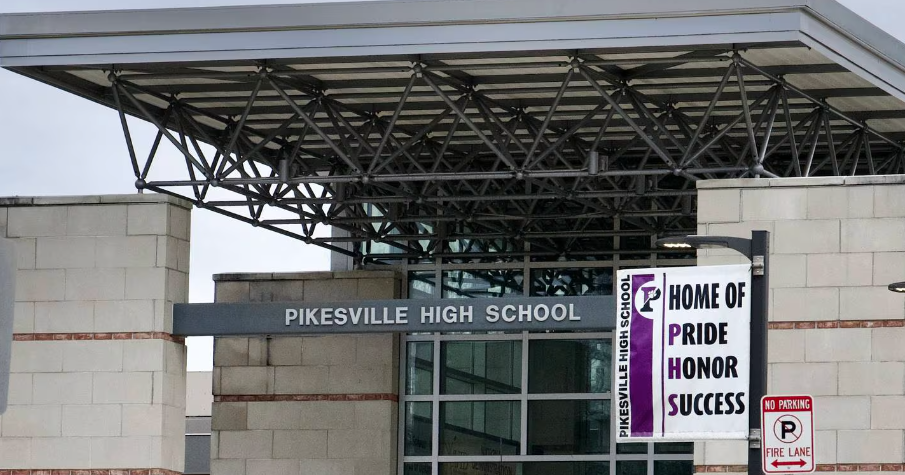National Archives Discusses Stolen Documents Case
By JESSICA GRESKO
Associated Press
WASHINGTON (AP) -- When investigators seeking stolen historical documents entered the Manhattan apartment of a memorabilia collector in 2011, they had just a few boxes to collect evidence. Inside, they were stunned to find rooms crammed with thousands of pilfered documents, including some signed by Benjamin Franklin, Isaac Newton and Charles Dickens.
In the end, investigators had to rent a truck to haul the trove away.
Documents written by presidents, invitations to past inaugural balls, a letter written by Confederate Gen. Robert E. Lee and much more filled the apartment of self-styled presidential historian Barry Landau. There were even copies of speeches delivered by Franklin D. Roosevelt during his three inaugurations and a land grant signed by Abraham Lincoln in 1861.
The National Archives in Washington held a discussion Thursday about the case that set the museum world on edge and raised alarms about the vulnerability of archives, museums and research collections nationwide.
The head of The National Archives and Records Administration, David S. Ferriero, said his institution and others are doing more to protect their collections than ever before.
People leaving National Archives buildings now get searched, Ferriero said, adding he is not exempt. And the Archives has a special team that educates employees about thefts and inspects buildings for ways people could secretly spirit documents out. Ferriero said the threat of thefts will always exist, but archivists have to balance that with allowing access.
"We all have to be vigilant, more now than ever before, in detecting theft and potential theft and recognizing documents that have been stolen," Ferriero said in opening remarks in which he introduced an investigator in the Landau case and a lawyer who put Landau and his assistant behind bars.
Investigators first learned that Landau, 64, was stealing documents in July 2011.
A suspicious worker at the Maryland Historical Society in Baltimore called police after spotting Landau and his assistant, 25-year-old Jason Savedoff, taking materials. The ensuing investigation revealed even more: the pair ultimately acknowledged stealing thousands of documents from numerous collections around the country. Landau is now serving a seven-year prison sentence and Savedoff a year.
Thursday's discussion touched on some of the weaknesses in security that led to the thefts as well as steps taken to combat and future losses. Participants noted most archives don't have an exhaustive catalog of everything in their collections, and Landau and Savedoff exploited that vulnerability to steal documents without leaving a record. They even stole card catalog files to conceal the thefts.
Mitchell Yockelson, a National Archives employee who helped the investigation, said those who went to search Landau's apartment didn't realize they were about to uncover one of the biggest thefts from historical institutions in years.
"Literally it was like a Toys `R' Us for historians," Yockelson said of the massive number of documents in Landau's apartment.
Investigators found priceless documents throughout the home. Some were kept in neat files in the bedroom. Others were in the kitchen and living room. A letter written by Franklin was lying on an ottoman.
Investigators took 7,000 documents during that initial search, so many that they had to go to an office supply store across the street and buy more boxes, Yockelson said.
James Warwick, a government lawyer who prosecuted the case against the pair, said Thursday that all the documents together were worth more than $1 million, though many were irreplaceable.
Warwick, a federal prosecutor, got involved because some of the documents Landau and Savedoff stole were from the Roosevelt presidential library in Hyde Park, N.Y., which is overseen by The National Archives. Others were stolen from the Historical Society of Pennsylvania, the Connecticut Historical Society, the University of Vermont and the New York Historical Society.
Investigators have now returned thousands of documents to their owners, Warwick said. But returning some of the smaller items like invitations and tickets is difficult because they aren't unique and it's hard to know from what collection the material was taken.
(Copyright 2013 by The Associated Press. All Rights Reserved.)



